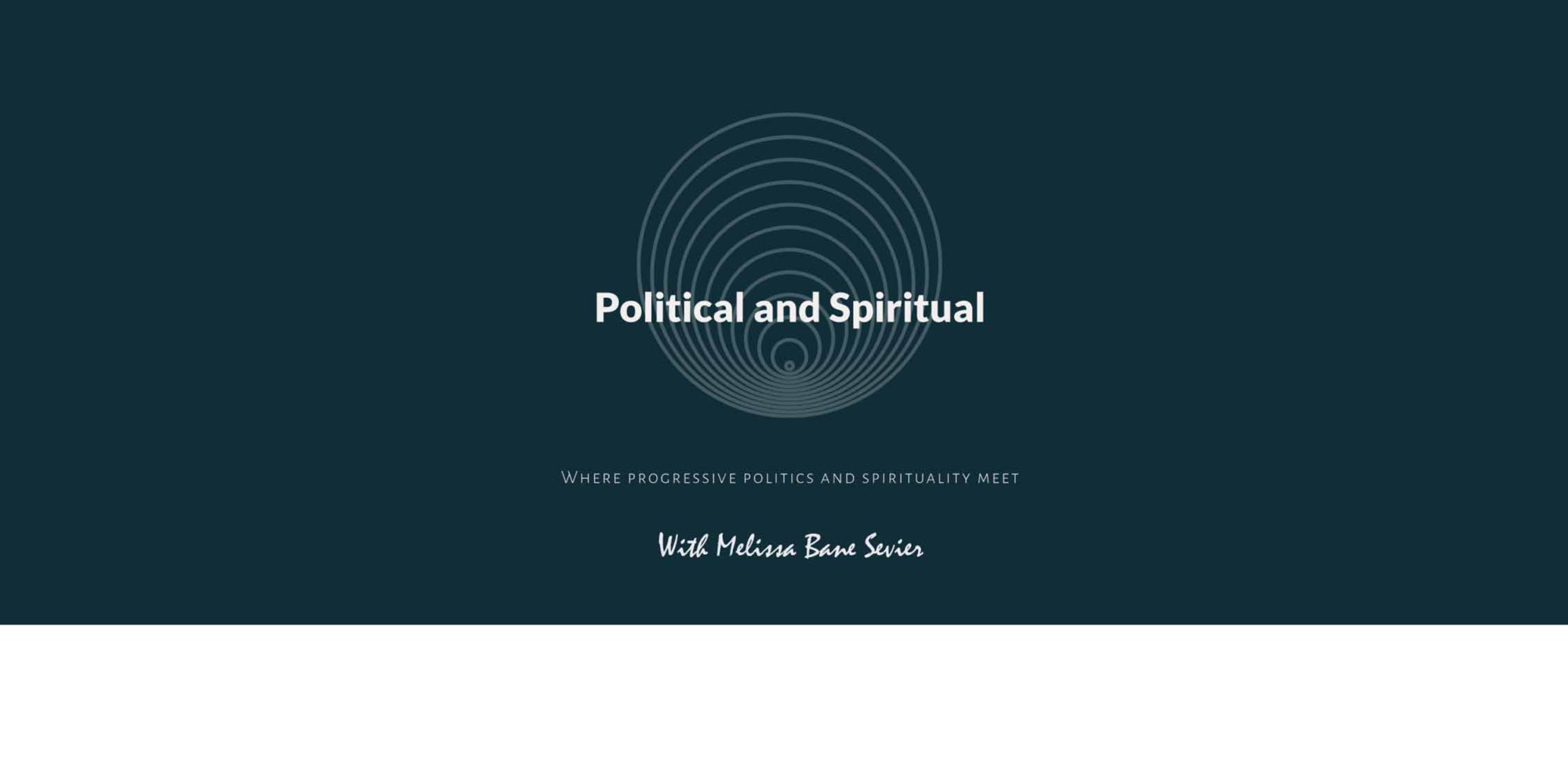This week, a report by the Southern Law Poverty Center (SPLC) authored by Michael Edison Hayden revealed 900+ emails sent in 2015 and 2016 from current White House senior adviser Stephen Miller to editors at Breitbart, a very conservative news source. The emails reveal the white supremacy that undergirds many of Miller’s recommendations to President Trump which have become policy, including separating families at the US-Mexico border and a Muslim travel ban. According to the SPLC: Miller’s perspective on race and immigration across the emails is repetitious. When discussing crime, which he does scores of times, Miller focuses on offenses committed by nonwhites. On immigration, he touches solely on the perspective of severely limiting or ending nonwhite immigration to the United States. Hatewatch was unable to find any examples of Miller writing sympathetically or even in neutral tones about any person who is nonwhite or foreign-born.
There’s much more.
Several news outlets have followed up with this reporting, including the Washington Post, in an article by Kim Bellware. The Post reached out to Miller and the White House for comment. Miller declined to comment Wednesday. White House press secretary Stephanie Grisham said via email Tuesday that she had not seen the report but called the SPLC “an utterly-discredited, long-debunked far-left smear organization.”
Um, no it is not. The SPLC has a long and respected history of reporting on hate groups, especially in the United States.
The source of the emails was a former editor at Breitbart, Katie McHugh. Fired in 2017 for sending anti-Semitic messages, McHugh has gone through a searching of her own soul, and has renounced white supremacy and white nationalism.
Rosie Gray of BuzzFeed News has written an enlightening and deeply disturbing article about McHugh’s rise and fall in a world where nonwhite people are viewed as enemies and criminals and where Jews are seen as completely responsible for anti-Semitism, stretching the bounds of anyone’s imagination. This world is peopled with holocaust deniers and those who spew anti-Muslim rhetoric.
One group named in the article is VDare, named for Virginia Dare, the first English child born in what would become an English colony, then later the state of North Carolina. Obviously, members of VDare delight in the literal birth of whiteness in the future United States of America. Ironically, and by definition, Virginia Dare was the first immigrant born in an English possession.
The BuzzFeed article is an important read, but you’ll want to take a shower when you’re through with it.
I feel sorry for Katie McHugh; I truly do. I wish her a good life, and am sobered – even encouraged – by her willingness to leave all that hatred behind.
But I feel far more sorry for the people she and those who espouse such horrible ideas have harmed. The murder of Heather Heyer in Charlottesville at the Unite the Right rally was the first turning point for Katie McHugh. That rally and its aftermath was also an eye-opener for many Americans who mistakenly thought that white nationalism and white supremacy were non-factors in modern public life.
McHugh decried not the idea of the rally, but its tactics. Eventually she recognized the deep sexism, the wrongness of all its ideals, and the control and power. Eventually, she left. Eventually. But not until much harm was done by her and to her.
From the article: People like me should be given a chance to recognize how bad this is and that the alt-right is not a replacement for any kind of liberal democracy whatsoever, any kind of system; they have no chance, and they’re just harmful, McHugh said. There is forgiveness, there is redemption. You have to own up to what you did and then forcefully reject this and explain to people and tell your story and say, ‘Get out while you can.’
For those of us who watch with horror from the sidelines – what can we do?
We can educate ourselves. We can reach into our own souls, and call on the souls of other good Americans.
We can support the ideals of inclusion, welcome, peace, and diversity. We can remind each other that all people are equally important and valuable.
We can stand up. We can speak out. We can act. We can hold powerful people accountable. We can call for the ouster of white nationalists from the White House. We can say no more.

© Melissa Bane Sevier, 2019





